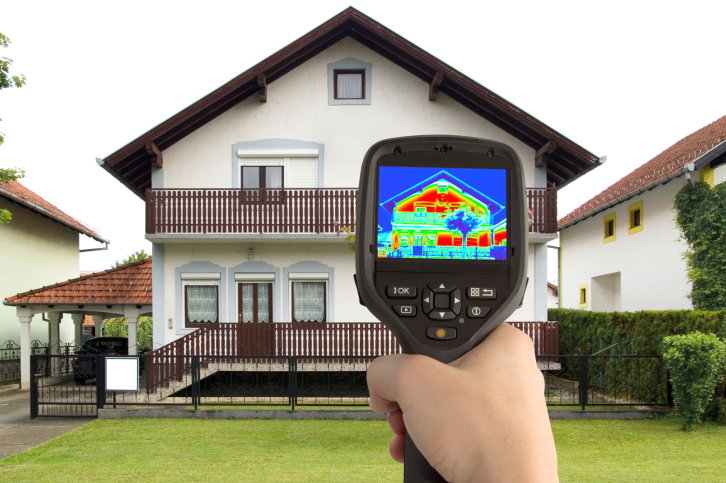This website uses cookies so that we can provide you with the best user experience possible. Cookie information is stored in your browser and performs functions such as recognizing you when you return to our website and helping our team to understand which sections of the website are the most popular and useful.
4 Reasons to Consider an Energy-Efficient Home

If you’re buying, building, or remodeling a home, here are 4 reasons to consider putting energy-efficient features high on your priority list.
Go Green, Save Green
According to Casey Shaw, owner of energy-efficient goods supplier Passive House Materials, you’ll see savings soon after you move into an energy-efficient house. Shaw says that while the most efficient homes can cost 15% more than a comparable traditional house, the heat energy savings can be as high as 90%. That can turn a monthly gas bill from $500 to $50.
Even if you don’t care about saving money right now, you can bet that future buyers will be interested in your home’s lower operating costs when it’s time to sell.
Energy Efficiency is Comfortable
Shaw says that energy efficiency isn’t about making a compromise on comfort. It’s about using a combination of architectural design, building techniques, and high-performing materials to make your home feel like it’s a beautiful day in the spring or fall—every day of the year.
Energy Efficiency Looks Good on Every Home
You don’t have to move into a geodesic dome or cover your entire lawn with solar panels to be efficient. Energy-efficient homes can fit with any neighborhood and match any construction style, from mid-century modern to Craftsman bungalow.
You’ve Got Options
If you’re looking for an energy-efficient home, there are several certifications that can help you quickly identify promising properties.
- ENERGY STAR is an EPA label. According to the agency, “certified homes use 15-30% less energy than typical new homes while delivering better comfort, quality, and durability.”
- LEED-certified homes are “designed to save costly resources—energy and water,” according to the U.S. Green Building Council, which operates the rating system. “On average,” the council says, “LEED-certified homes use 20 to 30% less—with some homes reporting up to 60% less energy use – than a home built to code.”
- Passive House is an up-and-coming designation that represents incredible efficiency. According to Passive House Institute US, it “represents today’s highest energy standard with the promise of slashing the heating energy consumption of buildings by an amazing 90%.”
You (or your inspector) can also look for specific elements that drive energy efficiency, such as:
- Air-tight construction
- Good insulation
- Heat recovery ventilation
- Optimized internal heat gains
- Minimal “thermal bridges” that cause unwanted heat loss



